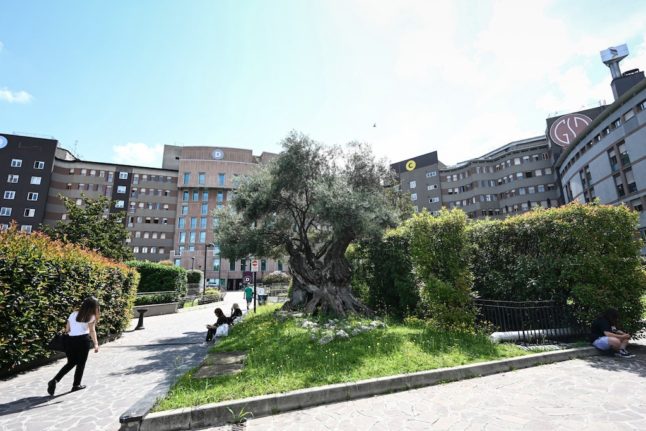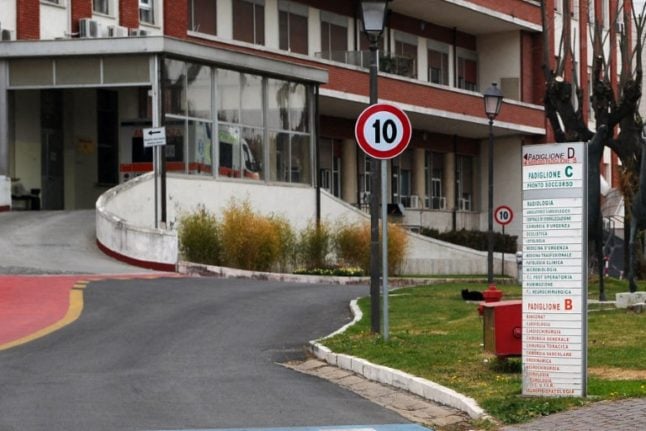For any non-Italian who becomes a legal resident of Italy, adequate health insurance is a requirement; whether that’s a private insurance policy or registration with the Italian public health service (servizio sanitario nazionale, or SSN).
Until now the default option for most has been to sign up with the SSN. For some international residents, this coverage is not free, though The Local’s readers tell us the standards of care are generally good and there’s often no need to pay more to go private.
But from 2024, the Italian government has hiked the minimum annual SSN registration fee from €387 to €2,000, meaning many people are now reconsidering whether private coverage might be a better-value option after all.
As readers are asking for advice on finding the best policy to replace their SSN coverage, we’d like to share advice from those who have already done it.
Please fill out the short survey below to share your experience and any tips you can give on choosing a private healthcare policy in Italy.



 Please whitelist us to continue reading.
Please whitelist us to continue reading.
Due to the long processing time of getting residency in Italy (in my case 15 months after arrival), I had to purchase Private insurance to cover the gap from the termination of my travel insurance policy that I used to apply for the ER Visa in the states and my application for the renewal of my Permesso di Soggiorno. I went with Cigna.@ $297 per month. But here’s the rub, if I were to use the Cigna policy for any claim than I would be on the hook to pay for the entire year. Otherwise I can cancel the contract with 30 days notice when I’m finally able to apply for the SSN coverage. Between this policy and Medicare, I’ve never paid this much for health
insurance in my entire life.
I chose a Cigna private heath policy. This was needed because my initial travel insurance policy purchased for the ERV had terminated and I needed to apply for a renewal of my PdS. The cheapest policy I could find was $287/montjh. If I didn’t use the policy at all, I could cancel it with 30days notice. But, if I used the policy in any way, I would be obliged to pay the premiums for an entire year. I’ve been in Italy for 15 months and just had my police visit for residency last week. It’s difficult paying out this kind of money essentially for a policy that I can’t even use because I want to apply for the tessera.